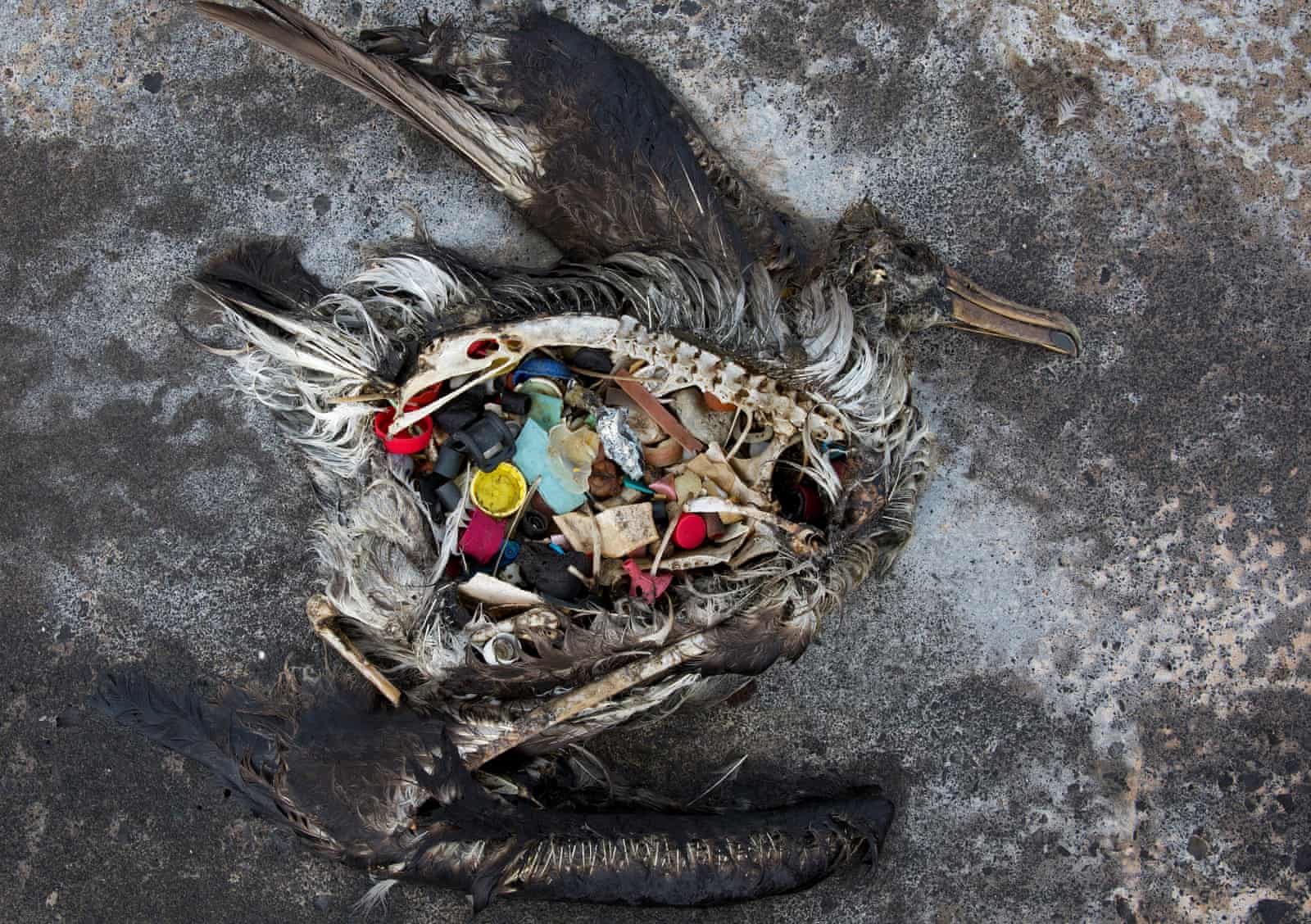Through proper management of coffee farms, production costs and fertilizer use can be lowered by 36.8% (from Thong et al., 2021). This suggests that the previously explored impacts associated with pollution can be alleviated with appropriate strategies in place. Here, we explore the effectiveness of one such strategy - sustainable certificates (SC) - in combatting the impacts of coffee farming that are associated with pollution.
Similar to our previous findings, Thong cited that environmental pollution is mainly caused by the overuse of chemicals, and the farmers were unwilling to decrease their usage as they believe that it negatively affects their yield and profits (from Thong et al., 2021). A solution devised was the introduction of SCs (from Thong et al., 2018), as such certificates entail useful programmes that educate farmers on sustainable ways of coffee cultivation to employ in their individual farms. For example, 4C's training taught farmers about reducing excessive fertilizer use via irrigation techniques, thereby reducing nutrient pollution to the soils and waters (from 4C). Hence, the incentives gained from achieving the SCs seem to be useful in reducing environmental pollution locally.
Besides environmental pollution, SCs are desirable as they help farmers increase their profits. As mentioned, with training from the different certification organizations, the cost of production of coffee is likely to decrease. Furthermore, as consumers are willing to pay more for sustainable products (from Thong et al. 2018), it suggests that if ceteris paribus holds true, a decrease in production cost and an increase in selling price equates to higher profits. This hence benefits the farmers' livelihoods and the economy.
While beneficial, SCs does have their disadvantages. The World Bank, for instance, observed a slow uptake of the certificates among the farmers, with only 25% coffee certified, compared to other major coffee producers like Brazil (41%) and Columbia (60%) (from the World Bank). The effectiveness of SCs in combatting deforestation is also not well-researched (from Baker, 2012; Gaitán-Cremaschi et al., 2018). Hence, suggesting that refinements need to be done to the SC programmes to produce better results.
In this series of Coffee Farming, we briefly answered how coffee farms in Vietnam causes pollution locally and globally, and we wrapped it up by discussing the SC programmes as a strategy to reduce the effects of coffee farming pollution. This series offers only a glimpse into the primary production of coffee. There are still more to be uncovered in the next weeks.


No comments:
Post a Comment